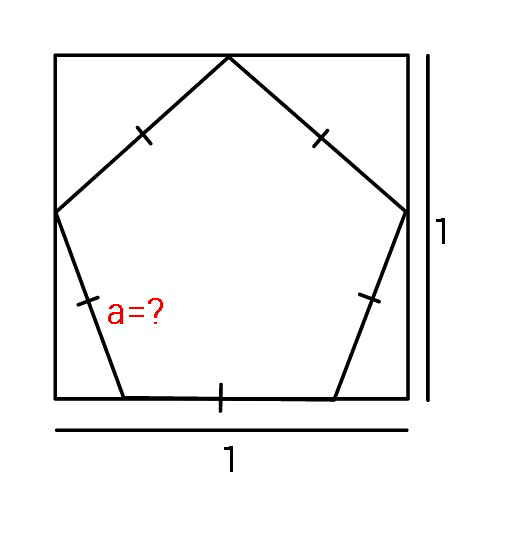
AllQuestion and Answers: Page 1424
Question Number 70075 Answers: 0 Comments: 3

Question Number 70074 Answers: 1 Comments: 1
Question Number 70069 Answers: 1 Comments: 2
Question Number 70066 Answers: 2 Comments: 0
Question Number 70048 Answers: 1 Comments: 6

Question Number 70044 Answers: 0 Comments: 1
Question Number 70040 Answers: 1 Comments: 3
Question Number 70035 Answers: 0 Comments: 4

Question Number 70031 Answers: 0 Comments: 0
Question Number 70030 Answers: 1 Comments: 0
Question Number 70052 Answers: 1 Comments: 0
Question Number 70051 Answers: 2 Comments: 0
Question Number 70025 Answers: 0 Comments: 1
Question Number 70022 Answers: 0 Comments: 1
Question Number 70021 Answers: 0 Comments: 2
Question Number 70008 Answers: 1 Comments: 0
Question Number 70017 Answers: 0 Comments: 2
Question Number 70003 Answers: 0 Comments: 3
Question Number 69995 Answers: 4 Comments: 0
Question Number 69979 Answers: 0 Comments: 2
Question Number 69974 Answers: 0 Comments: 3
Question Number 69954 Answers: 0 Comments: 3
Question Number 69953 Answers: 0 Comments: 5
Question Number 69944 Answers: 0 Comments: 4
$$\mathrm{If}\:\mathrm{2}^{\mathrm{x}} \:=\mathrm{0}\:\:\:\:\:\mathrm{find}\:\:\mathrm{x} \\ $$
Question Number 69939 Answers: 2 Comments: 12
Question Number 69912 Answers: 1 Comments: 0
$$\sqrt{{xy}}\:\:+\:\:\mathrm{3}\:\:=\:\:{y} \\ $$$${Find}\:\:\frac{{dy}}{{dx}}\:\:. \\ $$
Pg 1419 Pg 1420 Pg 1421 Pg 1422 Pg 1423 Pg 1424 Pg 1425 Pg 1426 Pg 1427 Pg 1428
